While excavating the site of a future school building, Albanian archaeologists discovered the ruins of ancient villas where Roman elites once lived — and one held an elaborate indoor pool.
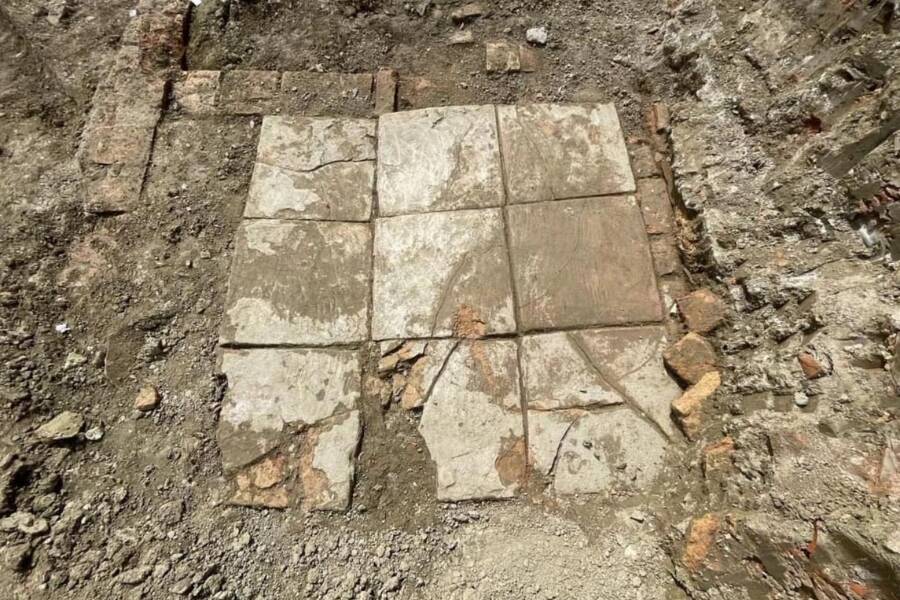
Albania’s National Institute of Cultural HeritageAncient tiles from the elite Roman villa where an indoor pool was discovered.
Archaeologists working at the Albanian port city of Durrës recently unearthed a 1,600-year-old indoor pool in an ancient Roman villa. This was a first-of-its-kind discovery, even in a city known for unique Roman architecture.
Excavations at the site began ahead of planned construction for a new school, leading to the discovery of an entire ancient Roman neighborhood that once housed the city’s elite. The indoor pool was found in one of these lavish villas and was adorned with intricate mosaics that have withstood the test of time.
Now, archaeologists say the discovery offers unique, never-before-seen insight into the lives of Albania’s ancient Roman aristocrats.
The Unique Indoor Pool In A Roman Villa
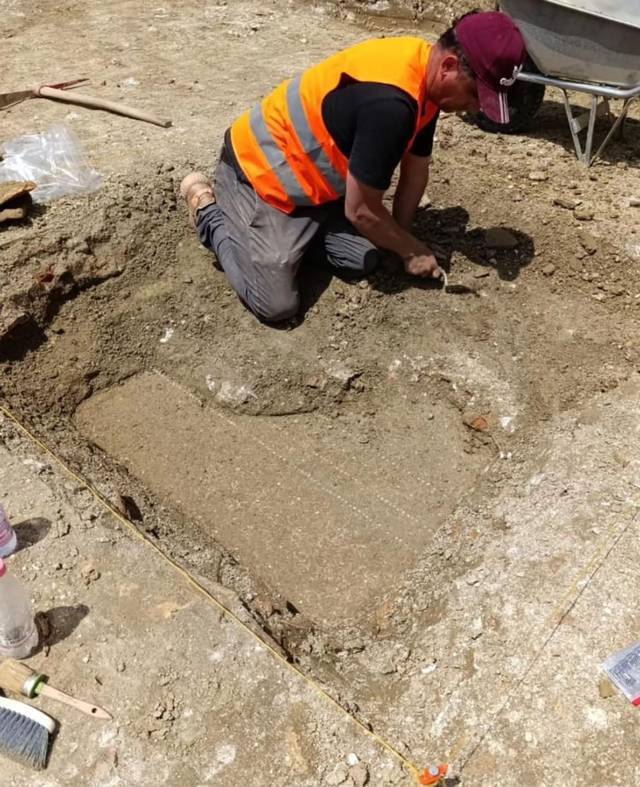
Albania’s National Institute of Cultural HeritageArchaeologists working to excavate the ancient Roman neighborhood in Durrës.
Albania’s National Institute of Cultural Heritage announced the discovery in a post on Facebook on May 9, 2024, noting that the excavation area is nearly 4,000 square feet in size, providing “a special panorama of the area’s urban organism, where we are probably dealing with a part of the city where the elite… of society lived.”
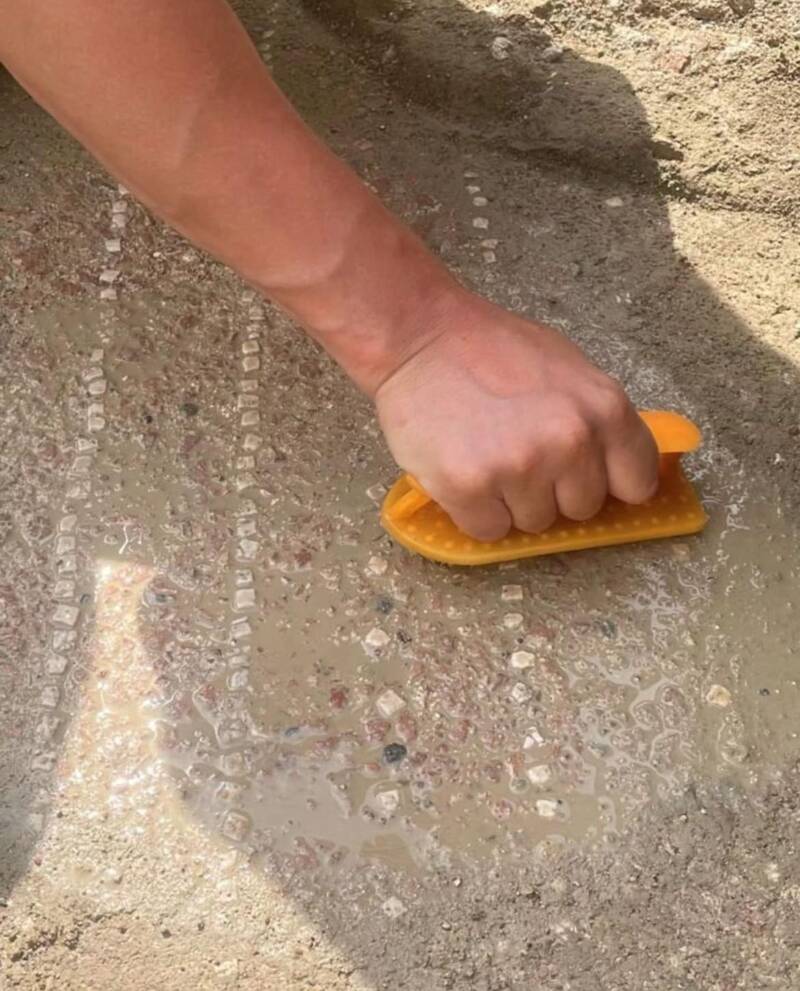
Albania’s National Institute of Cultural HeritageMosaic tiles that lined the pool’s floor.
Here, at the future site of a school, archaeologists found a trove of unique, well-preserved, and fanciful structures. The indoor pool, in particular, captured the interest of researchers. As the institute states in the Facebook post, the floor of the pool is “laid with a very well-preserved mosaic, with geometric motifs, worked with marble, stone, glass, and ceramic tiles.”
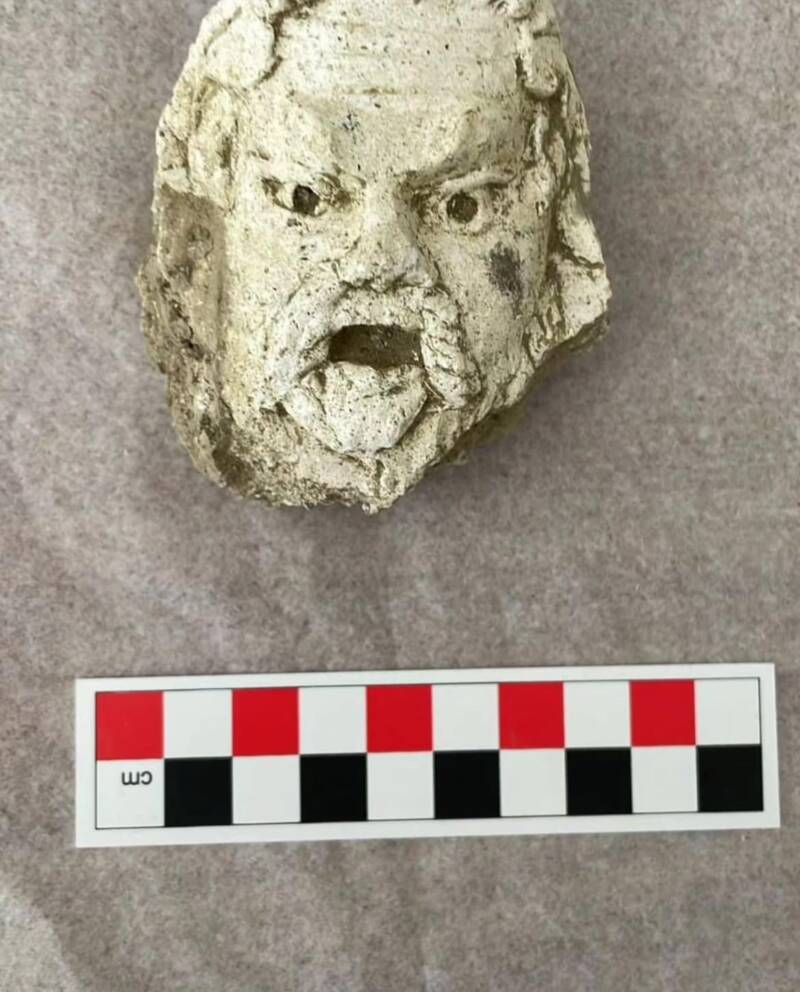
Albania’s National Institute of Cultural HeritageA decorative head found at the site.
Nearby, archaeologists unearthed two shallow bathtubs covered with waterproofing mortar. Elsewhere at the site, excavations revealed a large, brick floor and several walls, which the institute notes may have once been part of a two-story bathhouse. Scattered among the finds were more fragments of walls, ceilings, and tile mosaics.
Of these various fragments, many were adorned with motifs, both anthropomorphic and floral. The excavation also revealed a rainwater drainage channel made of ceramic tiles.
A Glimpse Into The Life Of Ancient Albania
Archaeologists dated the tiles to between the first and fourth centuries C.E., making the site roughly 1,600 years old. The institute believes the peak period of development was around the second century and that the villa containing the pool was likely destroyed by an earthquake in the fourth century, based on archaeological findings and ancient sources.
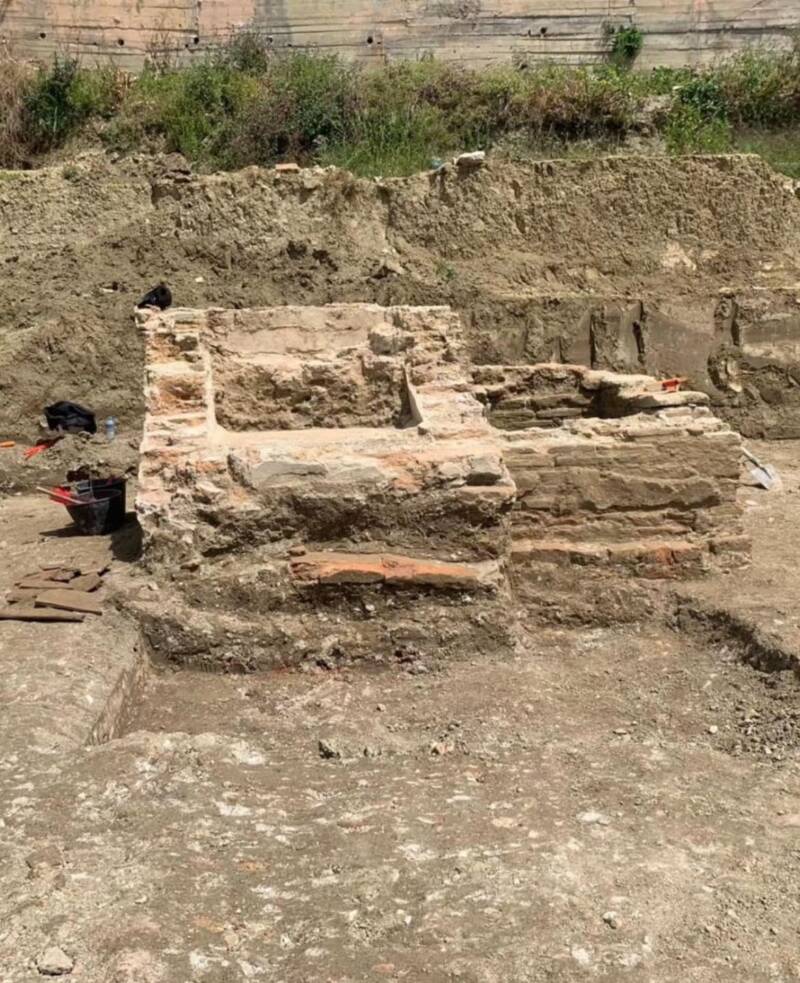
Albania’s National Institute of Cultural HeritageAncient bathtubs found near the indoor pool.
Durrës was a prominent gateway between the East and West in the ancient world. It is Albania’s oldest economic and historic center, once known to the Greeks as “Dyrrhachium,” or “the city between the two hills.” The Greeks colonized the city around 672 B.C.E., and it was then taken over by the Romans around 230 B.C.E.
While excavations at the site are still ongoing, this unique discovery offers a new and exciting glimpse into ancient life in the Albanian city.
After reading about this unique indoor pool found in a Roman villa in Albania, learn about Tirana, Albania’s colorful capital. Then, go inside the story of how King Zog of Albania survived more than 50 assassination attempts.





